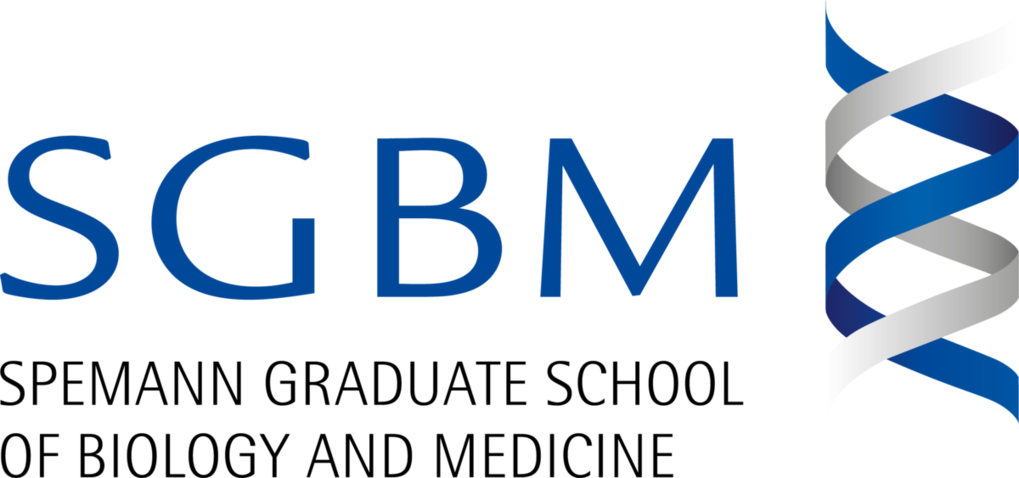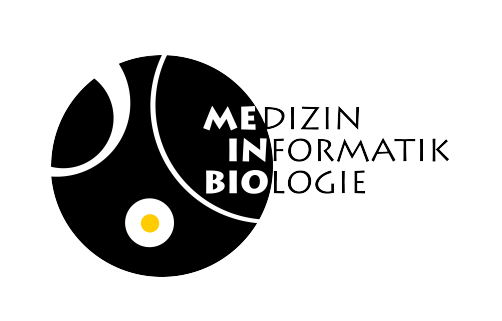
National and local collaborations
The MPI of Immunobiology and Epigenetics is involved in numerous national and regional collaborations, including projects funded by the German Research Foundation (DFG) and the German Federal Ministry of Education and Research (BMBF).
Most research groups of the institute have active collaborations with partners at the University of Freiburg, mainly through Collaborative Research Centers (CRCs) and Research Clusters of the Excellence Initiative funded by the DFG.
A particular strength of these collaborations is the transdisciplinary networking of basic and translational researchers between Max Planck researchers and its local partners from the University of Freiburg and the Freiburg Medical Center. In addition, these cooperation constitute a fertile ground for the advancement of young researchers, as exemplified by the International Max Planck Research School or the Spemann Graduate School.
These multiple synergies provide an important stimulus to the scientific activities at the institute and help to achieve long-term sustainability of the research environment not only within MPI-IE, but also within the wider Freiburg scientific community.

CRC/SFB
The German Research Foundation (DFG) funds research projects in all subject areas. This includes funding of individual projects, Collaborative Research Centers (CRC, German: Sonderforschungsbereiche, SFB), research training groups and support of scientific infrastructure.
CRC are long-term university-based research institutions that enable researchers to pursue innovative research projects, crossing traditional subjects and disciplines’ boundaries. Within several CRCs based in Freiburg, scientists of the MPI-IE are in leading positions or working in close cooperation with their colleagues from the University of Freiburg and the Freiburg Medical Center. In a variation of the program, the “CRC/Transregio”, up to three universities and non-university research institutes cooperate in pursuing a joint research aim.
Find a selection of DFG-funded projects that have been or are currently being implemented at the institute:
CRC/Transregios
Scientific Training & Education
Another major focus of the collaborations between the MPI-IE and the University of Freiburg is the education of young scientists. Most group leaders including directors, who are usually affiliated with the faculties of biology or medicine, are involved in active teaching. MPI-IE research groups participate in the International Max Planck Research School for Epigenetics, Biophysics and Metabolism (IMPRS-EBM). This joint international Ph.D. program of the MPI-IE and the University of Freiburg provides an outstanding scientific education in Molecular and Cellular Biology, Biophysics, Metabolism and Epigenetics.
IMPRS-IEM is the International Max Planck Research School hosted at the MPI of Immunobiology and Epigenetics in collaboration with the University of Freiburg. The Ph.D. program offers talented students excellent training opportunities in the fields of Epigenetics, Biophysics, Metabolism, Cell biology, Biochemistry, Proteomics, Bioinformatics and Functional genomics. Benefits for doctoral researcher include pioneering scientific research, cutting edge technologies in MPI-IE core facilities and a demanding curriculum for independent minds who want to become future leaders in science.
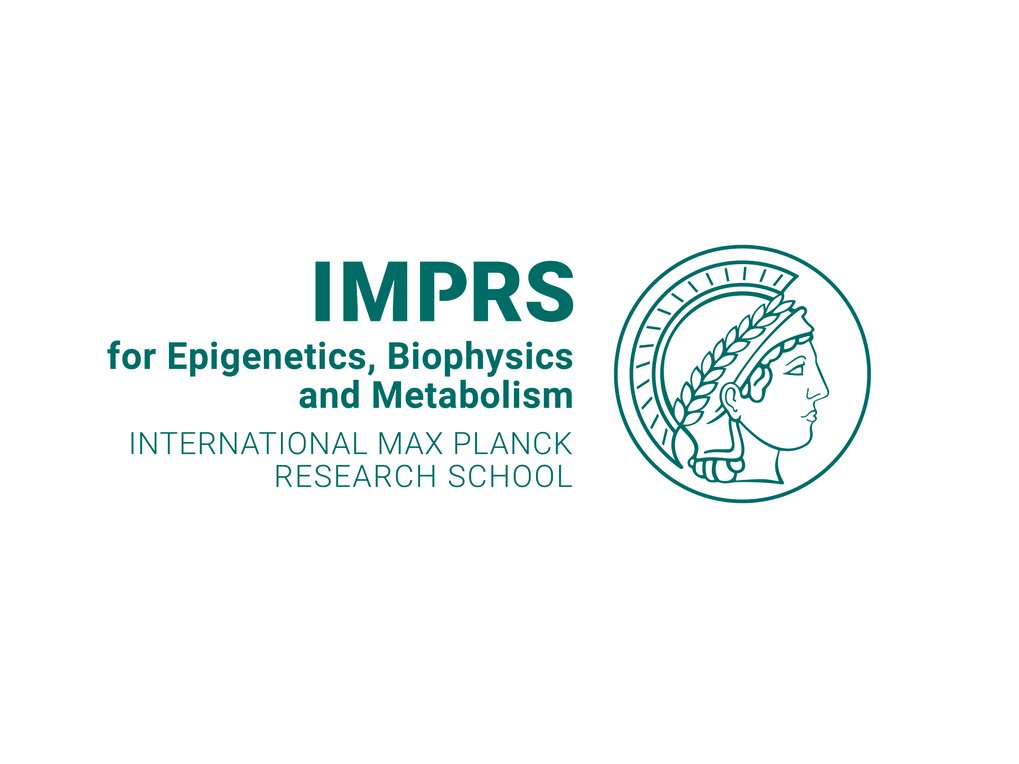
Learn more about
Research Training Groups (Graduiertenkollegs) are established by the universities to promote young researchers. They are funded by the DFG for up to nine years. Their key emphasis is on doctoral researchers' qualifications within the framework of a focused research program and a structured training strategy. Researchers of the MPI-IE are involved in the faculties of two Freiburg-based Research Training Groups.
The Spemann Graduate School of Biology and Medicine was founded in the DFG Excellence Initiative in 2006 and offers a interdisciplinary training Ph.D. program from various disciplines as well as combine basic with translational research, biotechnology and drug development. The Spemann school has been established in close collaboration with several Research Training Groups and IMPRS-IEM. Members of the MPI-IE have been active faculty members of Spemann Graduate School.
Learn more about
MeInBio - BioInMe: Exploration of spatio-temporal dynamics of gene regulation using high-throughput and high-resolution methods is a structured Ph.D. program (research training group) at the University of Freiburg and the MPI of Immunobiology and Epigenetics. In MeInBio Life Sciences meet Bioinformatics to understand gene regulation. Ph.D. students from all over the world work in different research groups – both wet-laboratory and bioinformatics & statistics groups – to advance the understanding of transcriptional control at high spatial and temporal resolution. Work at the research project is complemented by a specific qualification program.
MeInBio is funded by the DFG since 2017 and aims at creating excellent conditions for PhD education and networking. Current MPI faculty members:
Learn more about
MIAP Core Facilities
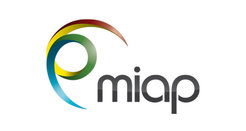
The DFG supports the establishment of core facilities and joint use of technologies with their funding line “Gerätezentren - Core facilities”. The Imaging Facility of the MPI-IE is member of the “Microscopy and Image Analysis Platform (MIAP) Freiburg” that was founded in 2016 to form a highly competitive joint network for scientific infrastructure of imaging based life science sites in Freiburg, Basel and Strasbourg. MIAP supports life scientists to identify resources and to pipeline experiment workflows alongside the biological objectives. Furthermore, guidelines for user instruction, training, project planning and monitoring as well as regular series of workshops and seminars on different levels in microscopy, image analysis and related fields are elaborated.
Other projects:
Freiburg Metabolism Communiity
Metabolism research studies the integration of metabolism and its central organelle, the mitochondrion, with specific cellular functions and signal propagation processes. The University of Freiburg has identified Metabolism Research as one of its Emerging Fields of research. In clinical and fundamental research, Freiburg scientists are investigating how metabolism contributes to both normal cell and body function and the pathogenesis of diverse diseases and developing innovative strategies for the targeted therapeutic manipulation of metabolism. The Metabolomics Core Facility (headed by Jörg Büscher) and the lab of Nina Cabezas-Wallscheid are partner of the Freiburg Metabolomics Community.
Human Cell Atlas
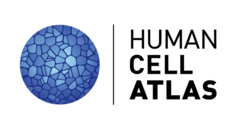
The “Human Cell Atlas” is a major scientific project intends to decipher the totality of all human cells launched by leading international researchers in October 2016. The atlas will provide a precise overview of which genes, proteins, and other molecules are active in which cell type, and where precisely the cells are located. With these efforts, the research consortium wants to gain knowledge on how the cells interact with each other in the healthy body and what changes occur in cells when the organism becomes ill. The Human Cell Atlas includes not only the mapping of human cells but also the development of experimental technologies and computer-aided analytical methods to gain a deeper understanding of human biology. The project of Dominic Grün and his laboratory is part of this initiative.
German Epigenome Program
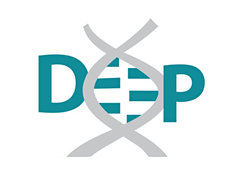
Strong interactions exist also within the “DEEP - German Epigenome Program” (2012-2017) funded by the BMBF. DEEP is a collaboration of 14 research institutions and industry partners all over Germany and contributes to IHEC, the ‘International Human Epigenome Consortium’ by generating and interpreting up to 80 reference epigenomes of selected human cells and tissues. It focuses on the analysis of cells connected to complex diseases with high socio-economic impact: metabolic diseases such as steatosis and adipositas as well as inflammatory diseases of the joints and the intestine.
In particular, the research groups of Thomas Jenuwein (project on Genome-wide histone modification maps) and Andrew Pospisilik (project on circadian epigenetic variation concerning heterochromatin, stochastic obesity and metabolism) of the MPI-IE are part of DEEP. Likewise, the research units for bioinformatics and deep sequencing of the institute made an important contribution to the entire DEEP project by participating as one of six analysis centers in Germany. They generated high-quality reference epigenomes starting from different and challenging tissue samples provided by the project partners. To ensure accurate, comprehensive and reproducible epigenomic studies the teams at the MPI-IE not only established new experimental protocols (NEXSON) but also developed powerful software programs (deeptools). With these tools they provided a comprehensible and easy-to-use framework for researchers seeking to generate, visualize and interprete epigenomic data.
MPI-CSL
In collaboration with the Max Planck Institute for the Study of Crime, Security and Law (MPI-CSL) in Freiburg, the MPI-IE organizes internal and external events.
🔴 = Project completed













